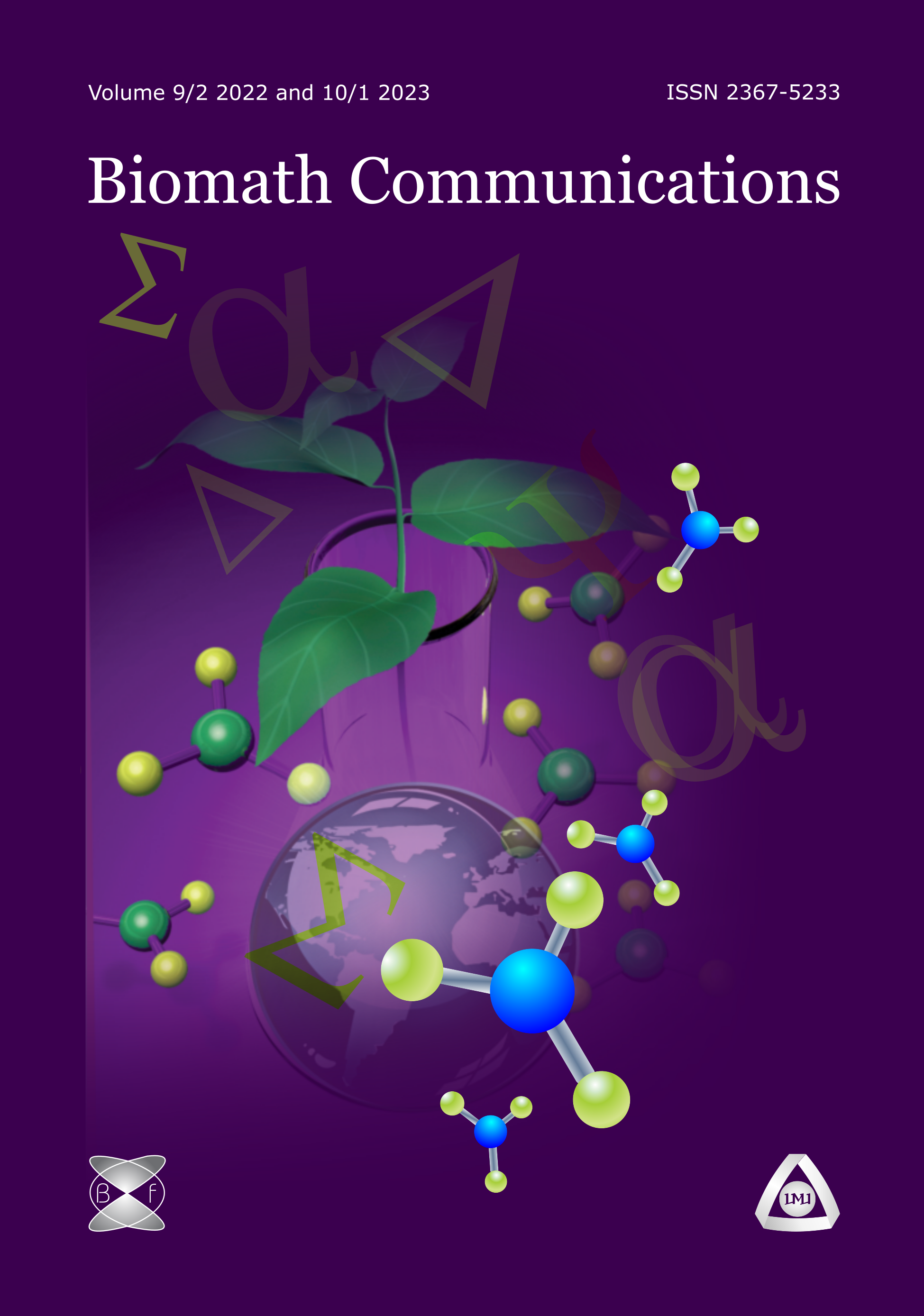Computational Studies of Some Structured Cell Growth Models
DOI:
https://doi.org/10.11145/293Abstract
We study mathematically and computationally experimental data of batch fermentation processes. The data for the bacterial biomass, substrate and product are given together with bounds for the involved systematic errors. We first describe and motivate our modelling approach on the case study with the Henri-Michaelis-Menten (HMM) biochemical reaction of the enzyme-substrate dynamics where two fractions of enzymes (free and bound) are involved. Similarly, two phases (fractions) of the bacterial cells are considered: dividing and non-dividing cells. The HMM reaction scheme is used to describe the transitition of bacterial cells from one phase to another as well as the cell growth due to substrate uptake. The reaction schemes are formulated with a strong emphasis on the enzymatic competence of the cells as well as their reproduction abilities. The aim of this study is to confirm or reject the proposed reaction schemes as possible cell growth mechanisms. To this end we use verification interval methods and advanced computational tools.Downloads
Published
Issue
Section
License
The journal Biomath Communications is an open access journal. All published articles are immeditely available online and the respective DOI link activated. All articles can be access for free and no reader registration of any sort is required. No fees are charged to authors for article submission or processing. Online publications are funded through volunteer work, donations and grants.
Authors who publish with this journal agree to the following terms:
- Authors retain copyright and grant the journal right of first publication with the work simultaneously licensed under a Creative Commons Attribution License 4.0 that allows others to share the work with an acknowledgement of the work's authorship and initial publication in this journal.
- Authors are able to enter into separate, additional contractual arrangements for the non-exclusive distribution of the journal's published version of the work (e.g., post it to an institutional repository or publish it in a book), with an acknowledgement of its initial publication in this journal.
- Authors are permitted and encouraged to post their work online (e.g., in institutional repositories or on their website) prior to and during the submission process, as it can lead to productive exchanges, as well as earlier and greater citation of published work (See The Effect of Open Access).

